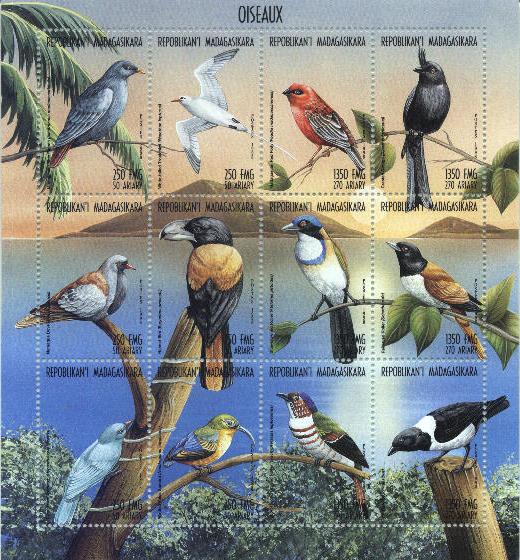Research led by the University of Exeter has found a substantial reduction in bird species living in cultivated mango orchards compared to natural habitats in Southern Africa. The results, which are published today in the journal Landscape Ecology, highlight the value of assessing habitats prior to land use change to predict the impact of agriculture on biodiversity. The researchers monitored bird populations across cultivated mango orchards and natural habitats in the Kruger to Canyons Biosphere region in South Africa. They found that replacing a natural habitat with an agricultural landscape can result in a substantial decline in the richness of species living within the region. The scientists were aiming to ascertain whether agriculture could add novel habitat elements and thereby support additional bird species complementary to those already present in the natural areas - but found that in contrast, there was a loss of 35% of the bird species within the farmed land. During the study, the team conducted 150 counts each at both natural habitat and mango orchard locations and measured aspects of habitat structure. Across all 300 survey points, a total of 14,278 birds representing 151 species were recorded.
Source: EurekAlert, 2 July 2015
http://www.eurekalert.org/pub_releases/2015-07/uoe-swo070215.php

- Log in to post comments
